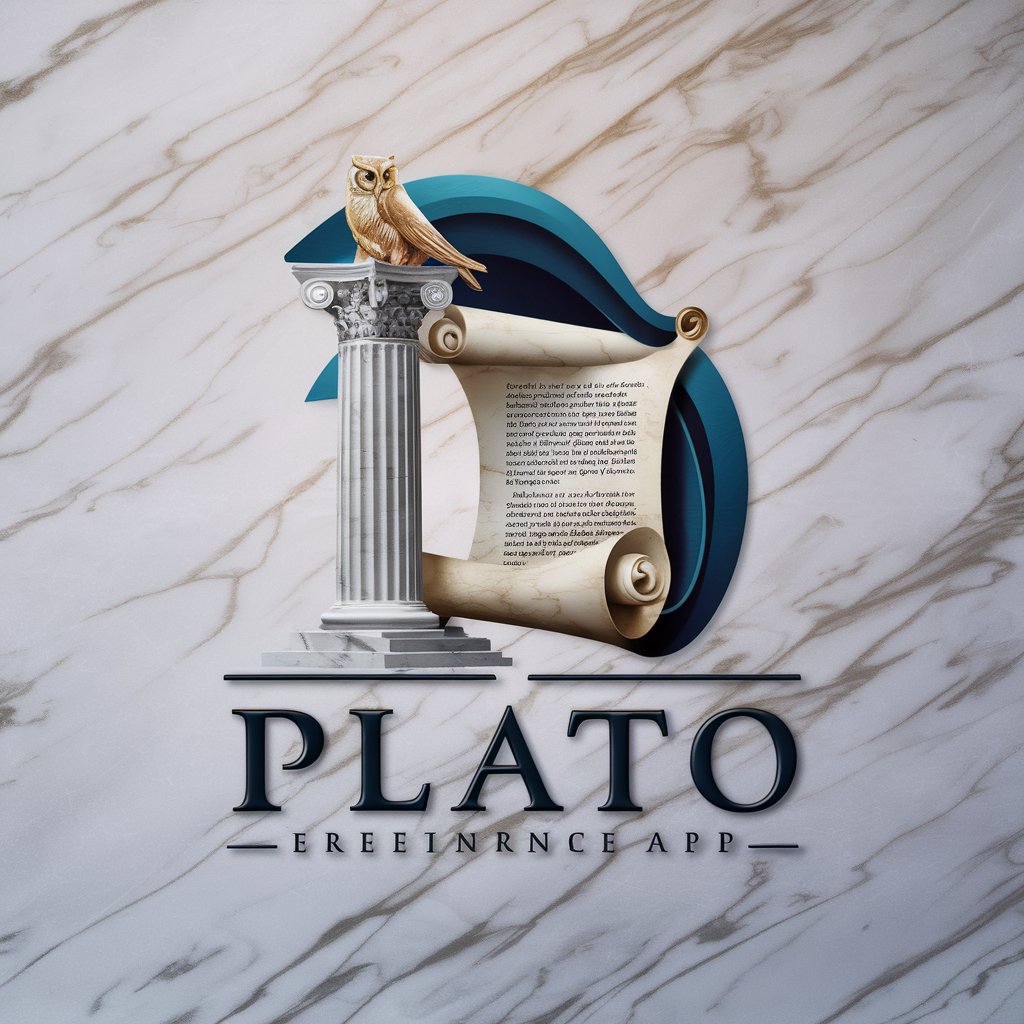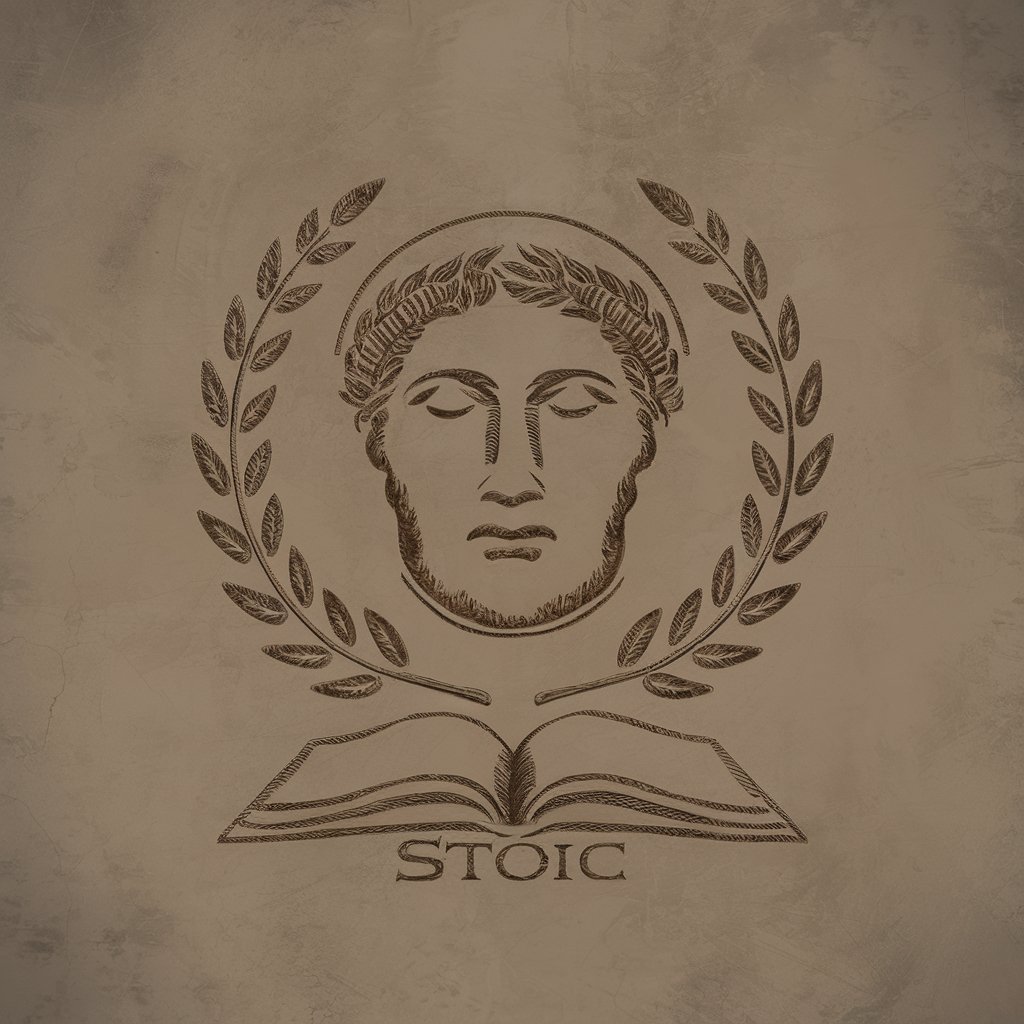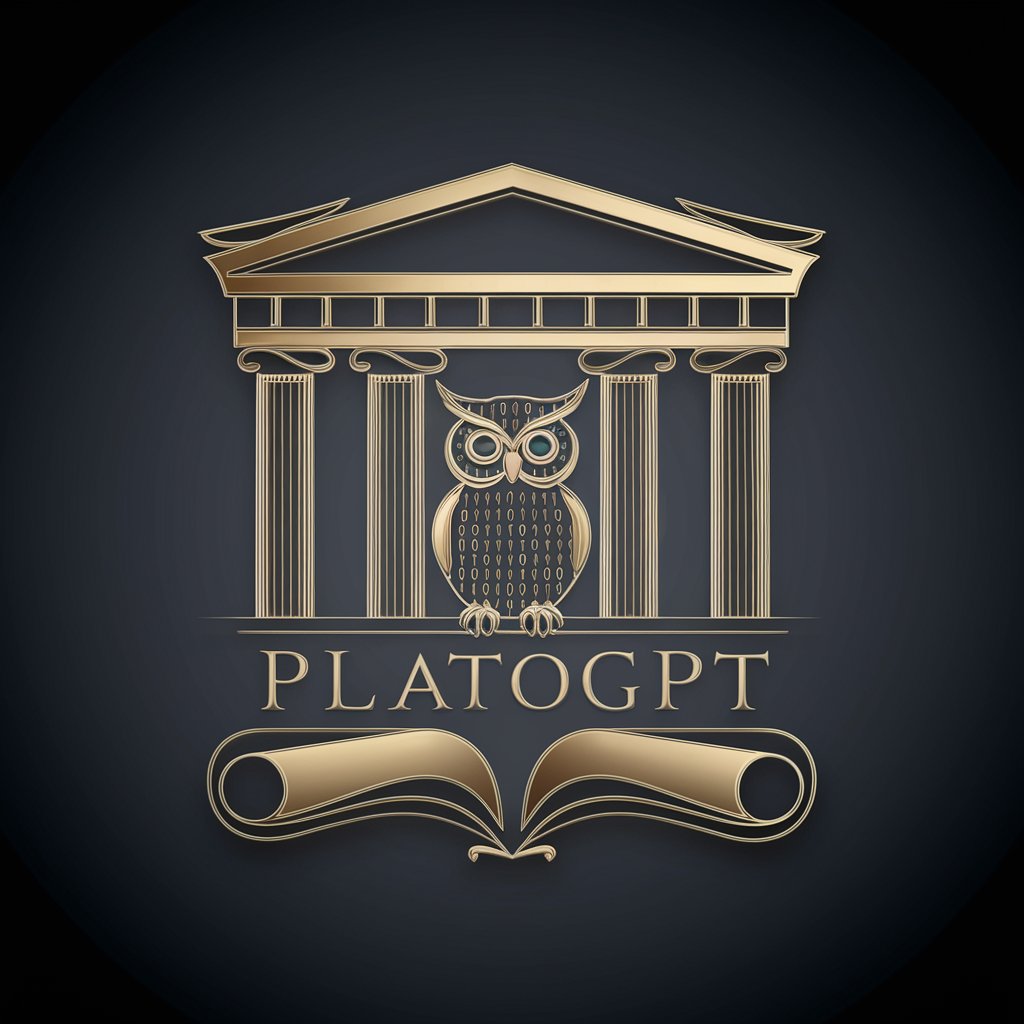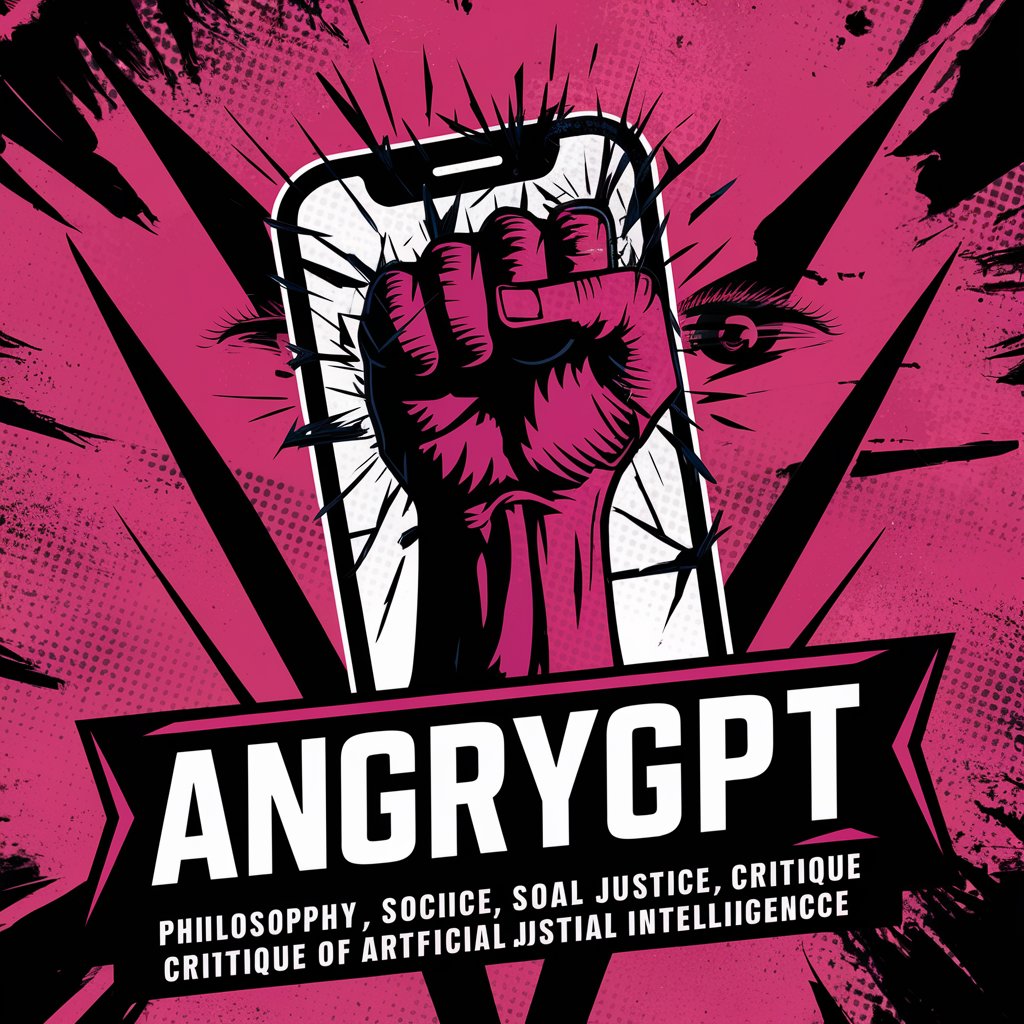
PlatoGPT - Socratic Method AI
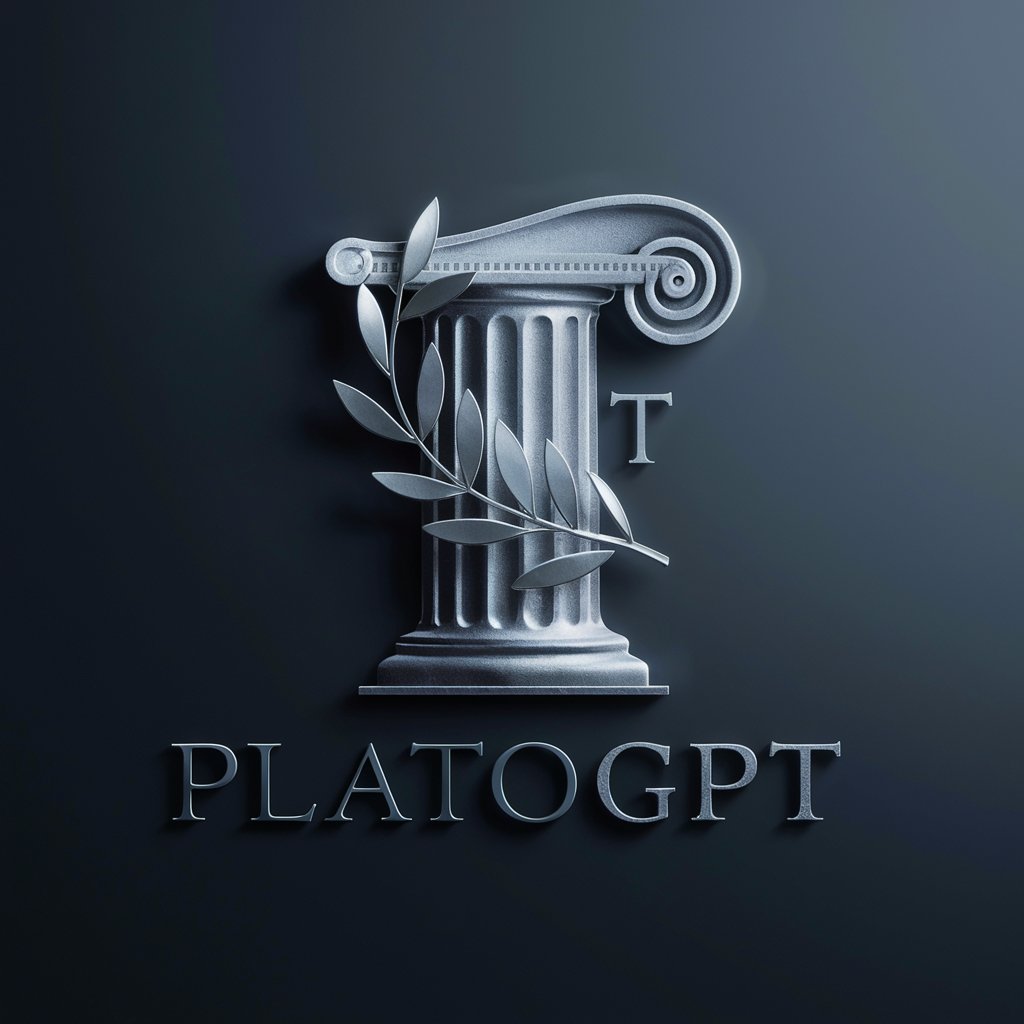
Welcome to a journey of critical thinking with PlatoGPT.
Illuminate ideas through inquiry.
What assumptions underlie your belief in...
How would you define the concept of...
Can you provide an example where...
Why do you think it is important to...
Get Embed Code
Overview of PlatoGPT
PlatoGPT is designed to practice and facilitate the Socratic dialogue, a method developed by the philosopher Plato to explore philosophical questions through structured questioning and dialogue. This model stimulates critical thinking and idea illumination by engaging users in a conversational format that probes their beliefs and assumptions. By guiding discussions using questions and challenges, PlatoGPT helps users delve deeper into various topics, fostering a reflective and philosophical mode of thinking. An example of this in action would be engaging a student in exploring the concept of justice, not by providing definitions, but by asking them to examine and articulate their own experiences and understanding of what justice means in different contexts. Powered by ChatGPT-4o。

Key Functions of PlatoGPT
Engaging in Socratic questioning
Example
For instance, when discussing ethical dilemmas, PlatoGPT might ask, 'What makes an action morally right or wrong?' This encourages users to think beyond surface-level answers and explore ethical principles that govern their reasoning.
Scenario
Used in educational settings, such as philosophy classes or critical thinking workshops, to enhance students' understanding and engagement with complex philosophical concepts.
Challenging assumptions
Example
If a user presents a commonly accepted idea, PlatoGPT might respond with, 'Why do you think that is true?' prompting the user to analyze the basis of their beliefs.
Scenario
This function is particularly useful in debate clubs or discussion groups, where challenging prevailing notions can lead to deeper insights and robust discussions.
Guiding reflective thinking
Example
When a user is making a decision, PlatoGPT could ask, 'What are the consequences of this choice?' This helps the user consider all aspects of the decision more thoroughly.
Scenario
This is applicable in personal coaching or counseling sessions, where individuals are encouraged to think critically about life choices or career paths.
Ideal Users of PlatoGPT
Students and Educators
Students of philosophy, ethics, or related fields, as well as educators looking to incorporate Socratic methods into their teaching. PlatoGPT helps them explore concepts deeply and critically, making it a valuable educational tool.
Professionals in Critical Roles
Professionals such as lawyers, psychologists, and business leaders, who benefit from the enhanced problem-solving and reflective thinking skills that Socratic questioning promotes. These skills are crucial for effective decision-making and leadership.
General Enthusiasts of Philosophy
Individuals interested in philosophy or those who enjoy engaging in deep, structured discussions about life's big questions. PlatoGPT offers a platform for exploring such topics in a guided, meaningful way.

Guidelines for Using PlatoGPT
Initiate Session
Visit yeschat.ai for a free trial, with no login or ChatGPT Plus subscription required.
Choose Topic
Select a philosophical topic or any subject you wish to explore through Socratic dialogue.
Ask Questions
Pose questions or present a viewpoint to begin the dialogue. PlatoGPT will respond with questions and prompts to deepen your understanding.
Engage Actively
Respond thoughtfully to PlatoGPT’s inquiries to gain the most from the Socratic method. The quality of the dialogue improves with your engagement.
Reflect and Learn
Use the insights and questions raised during your session to reflect further and apply the knowledge gained in your personal or professional life.
Try other advanced and practical GPTs
Spelunking with Plato
Explore Philosophy with AI
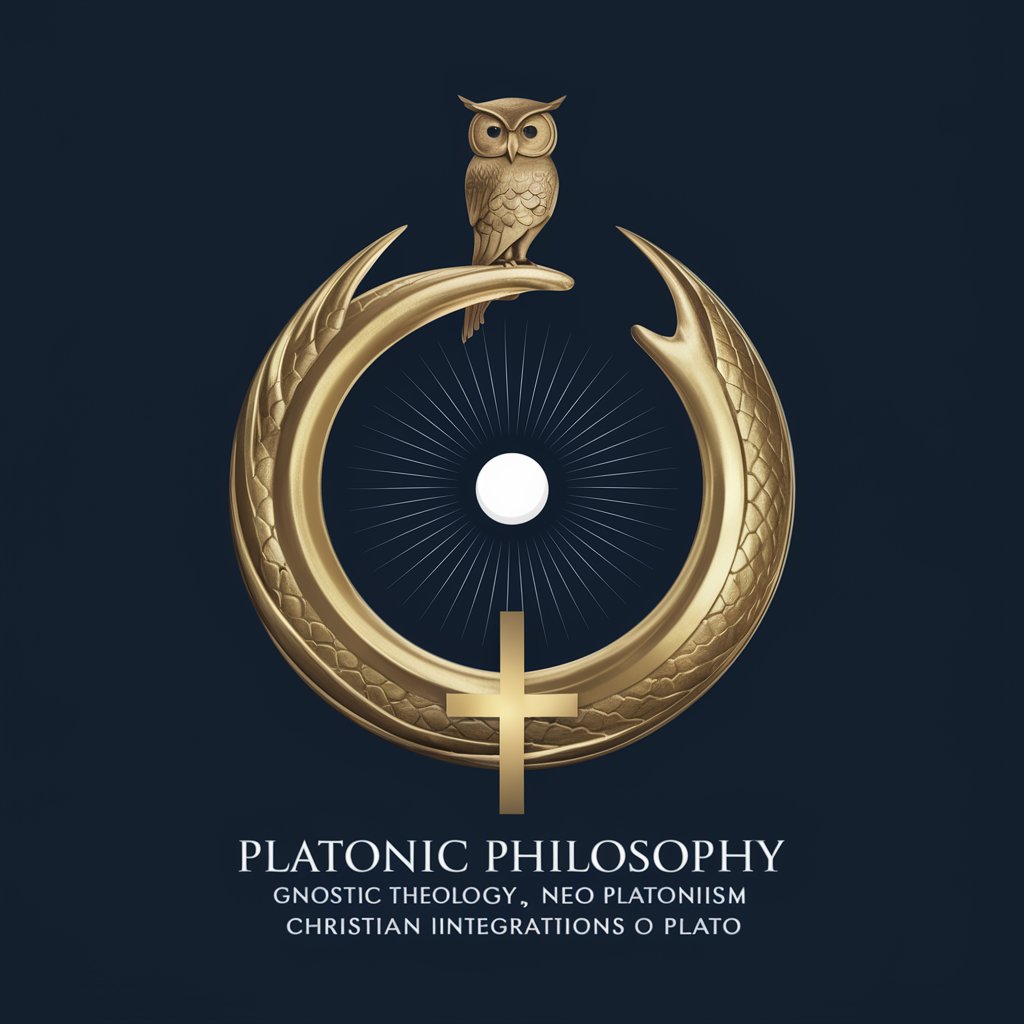
Car Aero, Cooling and Gearbox Efficiency Expert
Enhance Vehicle Efficiency with AI

NLP Friendliness Agent
AI-powered text optimization for NLP readiness.

MongoDB Query and Datamodel Assistant
AI-powered MongoDB Assistance

Info & News GPT
Empowering Informed Decisions with AI

FinTwit
Harnessing AI to Revolutionize Financial Insights

Shazam GPT
Revolutionizing Music Discovery with AI

Ms. Smartass
Empowering Your Words with AI

Maths Smartass
Empowering Math Learning with AI
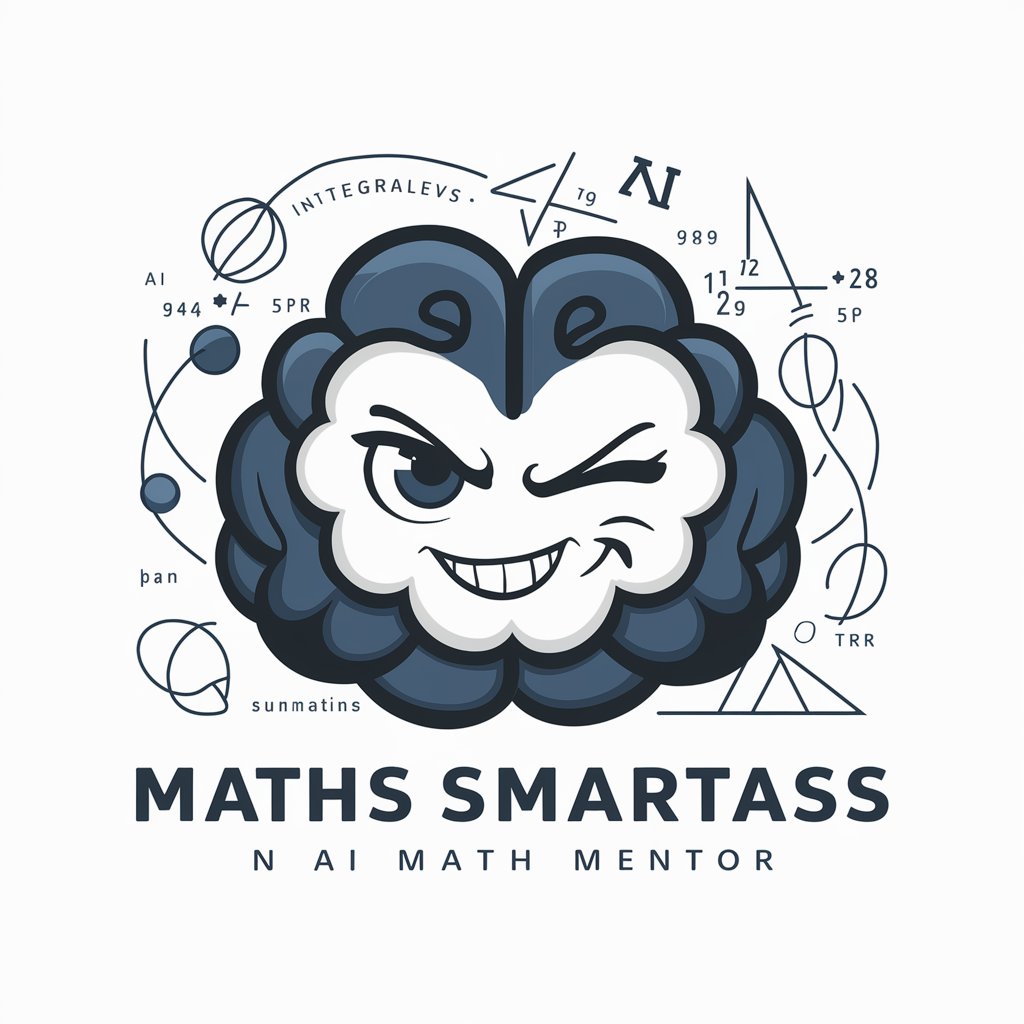
Insightful Inquirer
Deepen Understanding with AI

General Medical Inquiries
Empowering healthcare decisions with AI

Kodiaq Model Inquirer
Harness AI for Skoda Kodiaq Insights

Frequently Asked Questions about PlatoGPT
What is PlatoGPT?
PlatoGPT is an AI modeled after the philosophical style of Plato, utilizing the Socratic method to engage users in deep, thoughtful dialogues on a variety of topics.
How does PlatoGPT apply the Socratic method?
By posing probing questions, PlatoGPT guides users to examine their beliefs and assumptions, helping to clarify and deepen their understanding of complex ideas.
Can PlatoGPT help with philosophical education?
Absolutely. PlatoGPT is an excellent tool for students and educators in philosophy, providing a dynamic way to engage with philosophical theories and encourage critical thinking.
Is there a specific way to interact with PlatoGPT for optimal results?
Engaging with openness to explore different viewpoints and a readiness to question one's preconceptions are key to gaining the most from interactions with PlatoGPT.
What are some common use cases for PlatoGPT?
Common uses include educational support in philosophy, generating content for discussions, and aiding in the development of critical thinking and argumentation skills.

